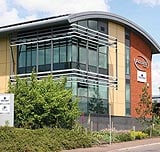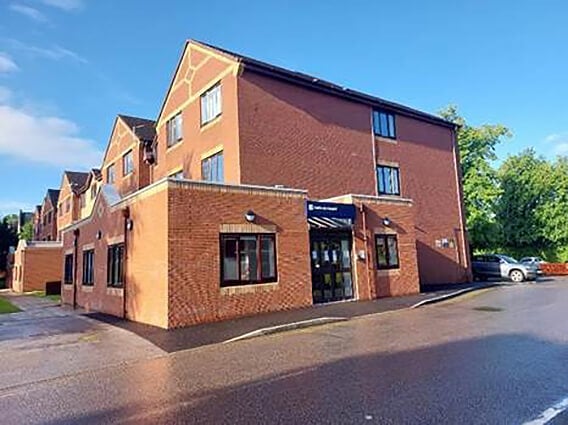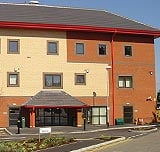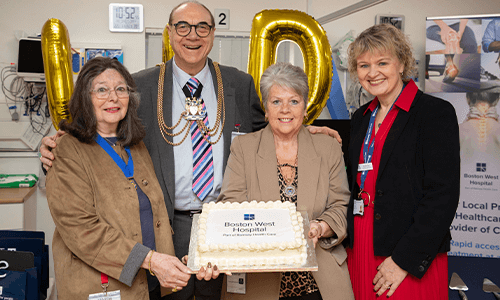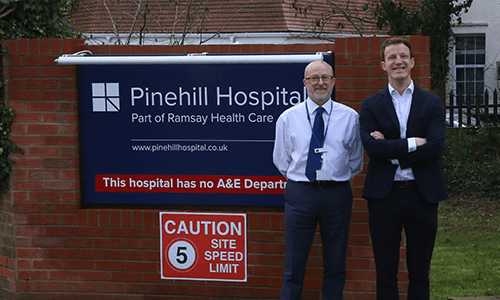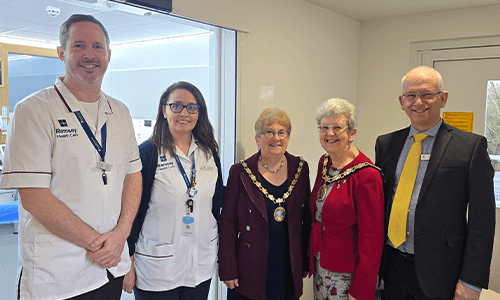What is sports medicine?
Sports medicine, also known as sport and exercise medicine (SEM), deals with the assessment, management and treatment of sports injuries as well as the prevention of future injuries related to sports and exercise.
Sports medicine is offered at Ramsay Health Care UK hospitals by specialists who have extensive education in musculoskeletal medicine and are dedicated to the prevention, diagnosis, treatment and rehabilitation of injuries and musculoskeletal problems in physically active individuals.
Our specialists in sports medicine treat sporting injuries in your muscle, ligament, tendon and bone. They have a background of working with professional athletes and sports teams as well as recreational athletes.
Our sports medicine consultants work as part of a multidisciplinary team comprising of specialist physiotherapists, podiatrists, osteopaths and chiropractors, orthopaedic surgeons, pain medicine physicians, radiologists, sports massage therapists, neurologists and nutritionists to diagnose and treat any medical conditions which regular exercisers or sports persons encounter.
Common sports medicine conditions we treat:



